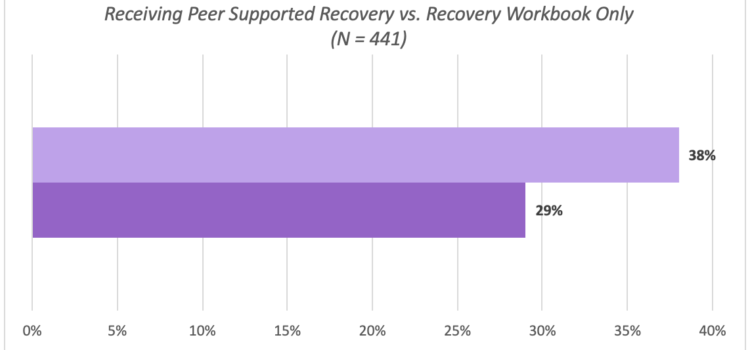“I grew up in an expressive, thoughtful household. I was always interested in creativity and thinking. But as I entered my teens, I started smoking pot. I had found excitement in learning until sophomore year of high school, when I became reserved and felt as though existence was meaningless. Everything was grey…
Recovery Story: August Rosenberg








